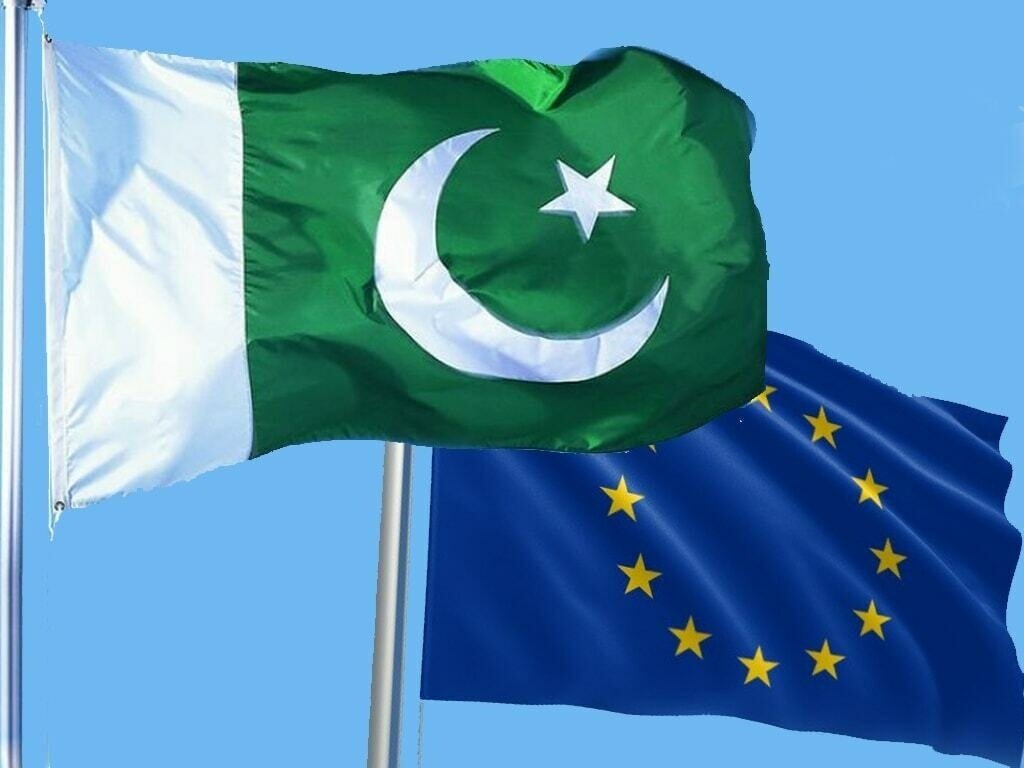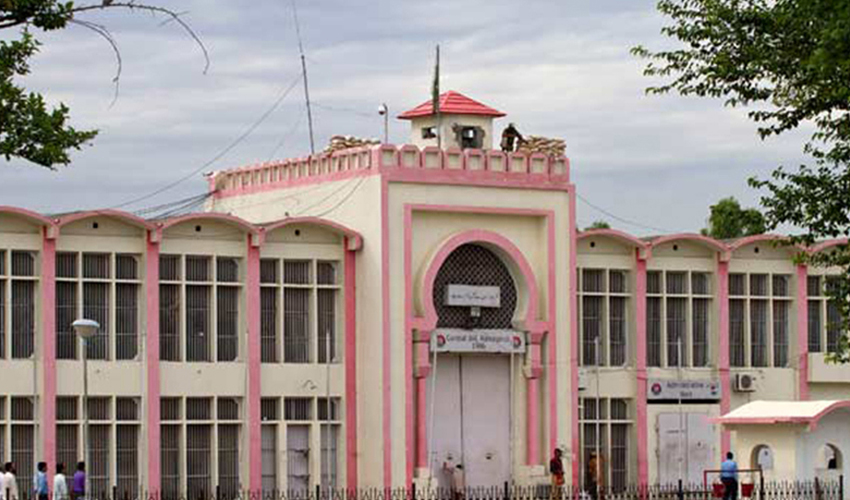Hafeez Ahmed Khan
The European Union’s interventions in Pakistan cover various sectors, such as political, economic, trade, humanitarian, development, security and counter-terrorism. The EU and Pakistan have a Strategic Engagement Plan (SEP) signed in 2019 that defines the areas and objectives of their cooperation.
The EU and Pakistan have regular political dialogues and consultations on issues of mutual interest, such as human rights, democracy, governance, regional stability, peace and security. The EU also supports Pakistan’s electoral process and parliamentary system through technical assistance and observation missions. The EU-Pakistan political relations are generally positive and constructive. Still, they also face challenges, such as divergent views on human rights issues, such as the death penalty, blasphemy laws and minority rights. Pakistan has its own culture and interests, so it is critical to know the cultural orientation of Pakistan. The EU should continue to engage with Pakistan and promote dialogue and mutual understanding.
The EU is the leading trading partner of Pakistan and the largest export destination for its exports. The EU grants preferential market access to Pakistan under the Generalized Scheme of Preferences Plus (GSP+), which allows almost all Pakistani exports to enter the EU market duty-free or at reduced tariffs. The GSP+ is conditional on implementing 27 international conventions on human rights, labour rights, environmental protection and good governance. The EU monitors the progress of Pakistan in these areas through regular reviews and dialogues. The EU-Pakistan economic and trade relations benefit both sides by creating opportunities for jobs, growth and development. However, they also face some challenges, such as diversifying the trade basket, improving the business environment, addressing the trade deficit, and ensuring compliance with the GSP+ conditions. The EU should continue to support Pakistan in enhancing its trade capacity, competitiveness and diversification, as well as in fulfilling its GSP+ obligations.
The EU is a major humanitarian donor for Pakistan, assisting people affected by natural disasters, conflicts, displacement and food insecurity. The EU has recently announced to scale up its humanitarian aid to Pakistan by PKR 6.7 billion (€30 million) to help people affected by floods. The EU also supports providing essential services, such as health, education, water and sanitation, to vulnerable populations, especially women and children. The EU also contributes to the COVAX Facility, which aims to ensure equitable access to COVID-19 vaccines for low- and middle-income countries. The EU-Pakistan humanitarian relations are based on the principles of humanity, neutrality, impartiality and independence. The EU’s humanitarian aid is delivered through its partners, such as UN agencies, international NGOs and civil society organizations. The EU’s humanitarian interventions in Pakistan are timely, relevant and effective, but they also face some challenges, such as security risks, access constraints, coordination gaps and funding shortfalls. The EU should continue to provide humanitarian assistance to Pakistan based on needs assessments and in coordination with other donors and stakeholders.
Lastly, Pakistan should work closely with the EU to meet mutually beneficial interests. Pakistan can learn experience and transfer technology from the European Union to develop and grow several sectors.
Pl, subscribe to the monthly English/Urdu magazines of republicpolicy.com
















